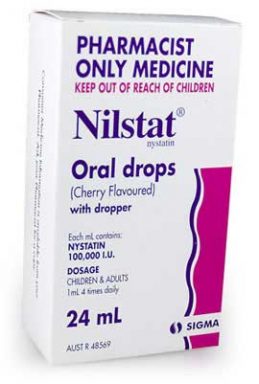
- #OVER THE COUNTER ORAL THRUSH TREATMENT SKIN#
- #OVER THE COUNTER ORAL THRUSH TREATMENT PATCH#
Dentures – some antifungal medicines can be applied directly to your dentures in the evening and left overnight. Some antifungal medicines can be applied on your nipple to treat the infection. Breastfeeding – check if you have a yeast infection on your nipples. Babies – sterilise all feeding equipment, dummies and toys that have been in contact with your baby’s mouth. They may refer you to your doctor.įor more severe infections, a medicine called fluconazole may be used, eg, for people with a poor immune system who develop extensive oral thrush. Fluconazole is usually prescribed for 7 days and this will usually clear oral thrush. To ensure you get the right product, your pharmacist will ask you a few questions regarding your symptoms and recommend a suitable product for you. Nilstat liquid and miconazole gel can be bought from your pharmacy without a prescription, after discussion with your pharmacist. Try not to swallow them too quickly, as the longer the medicine is in contact with the site of infection the better. When using these medicines, it's important to hold them in your mouth before swallowing. Antifungal medicinesĪnti-fungal medicines come as a liquid ( Nilstat), gel ( miconazole) or tablets ( Fungilin) that dissolve in your mouth. Oral thrush is best treated with antifungal medicines to clear the infection and self-care measures to prevent re-infection. Usually no test is needed to diagnose oral thrush. See your pharmacist or doctor if you think you have any symptoms of oral thrush or if you are worried. They will ask you questions about your symptoms, including whether you are taking any medicines or have any underlying medical conditions. They may look into your mouth. pain in your breast or nipples during or between feeds. #OVER THE COUNTER ORAL THRUSH TREATMENT SKIN#
flaky or shiny skin on your areola (the dark area surrounding your nipples).

If you are breastfeeding and your baby has oral thrush, both you and your baby can have symptoms.
red sores and cracks in the corners of your mouth. redness or bleeding in your mouth, tongue, throat or roof of your mouth, especially in denture wearers. #OVER THE COUNTER ORAL THRUSH TREATMENT PATCH#
a white or cream-coloured patch on your tongue, the inside of your cheeks, or the roof of your mouth. Oral thrush is usually quite easy to identify. using antibiotics for long periods of time. inhaled corticosteroids, eg, medicines for asthma or COPD. 
Factors that make you more likely to develop oral thrush include: Candida can grow quickly and cause an infection if you have an underlying condition and when some medicines are used. your baby is less than 4 months old and has signs of oral thrush.Ĭandida (a fungus) usually lives in your mouth without causing any problems.

your oral thrush has not resolved despite trying medicines from the pharmacy.Oral thrush can usually be treated with antifungal medicine.Common symptoms include white-coloured patches in your mouth, pain and redness in your mouth or throat causing difficulty eating and drinking.Anyone can develop thrush, but it is more common in babies, older people with dentures and people with weakened immune systems.However, if it grows out of control it can cause a mouth infection called thrush. Most people carry candida in their mouths without any problem.Oral thrush is an infection in your mouth usually caused by a fungus (yeast) called Candida albicans.







 0 kommentar(er)
0 kommentar(er)
